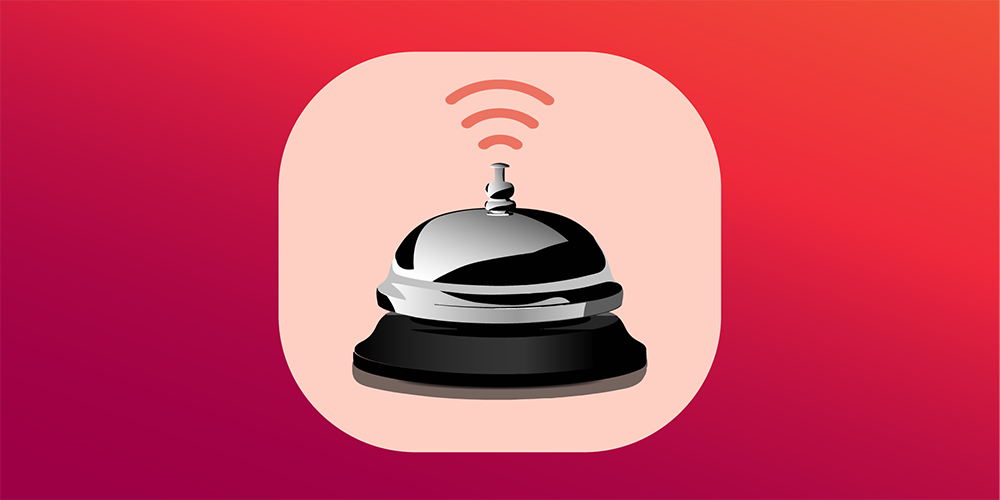Dear Effective Communicator:
I’m struck by how often the most human part of the work day—connecting with fellow human beings—can be so dreary. I’m talking about meetings. Right about now you may be thinking that my expectations for meetings are too high. But I’m convinced they can be a meaningful, important part of work. What can I do to make them better?
Looking for Meaning in My Meetings
Dear Looking,
Did you know?
Research has shown that the ideal meeting size is 5-8 people.
eetings are an important opportunity to connect with colleagues, hear new ideas, and prompt helpful insights—when done well. If only our meetings lived up to those expectations. You’ll be glad to know that Megan Call, the Resiliency Center’s associate director, agrees with you. Meetings can be meaningful.
I reached out to Megan for her approach to meaningful meetings. She referred me to a group called Hyper Island, which specializes in creating tools that keep pace with our digital age.
Hyper Island suggests creating a check-in and check-out process to bring purpose and intention to your meetings. Their approach fits with other basic insights from the effective communication world: we tend to remember the first and last things we hear. In fact, the check-in, check-out processes may be the most important parts of any meeting.
Checking-in sets the tone for the remainder of the meeting—be that serious, energetic, or boring—while checking-out lends attendees the emotional tenor they’ll bring to the rest of their workday. With help from Megan, I’ll focus on the checking-in process for the remainder of this post. There are two things you might consider.
More from the Effective Communicator:
Considerations for check-ins:
1. Choosing the right question
The check-in process frames the rest of the meeting, so choose your introductory question wisely, and base it on your sense of where attendees are.
Hyper Island suggests three types of questions: focused, general, and project-based (depending on whether you are starting, during, or ending a project). One of my favorite focused questions is to ask attendees what they hope to accomplish by the end of the meeting.
A more general question might relate to how your group is feeling. For example, what worries you? Excites you?
2. Managing time
It’s crucial to understand how much time you have when starting a checking-in process. If you’re in a weekly huddle, you might begin your question with, “In one word…” It will set the tone for a fast-paced meeting.
However, if this is a longer, monthly meeting, you might consider asking attendees to “Think of three things about…” This contemplative approach opens up the meeting to discussion, rather than simply reporting out. Adjust your check-in process to meet your expectations and the expectations of your attendees.
Before using the check-in process at your next meeting, take a few minutes to explain to your team that this process is designed to improve the effectiveness of meetings. After explaining the purpose, take it slow and start with simple, general questions so that attendees don’t feel cornered. You can adapt from there as your team grows.
You got this,
The Effective Communicator
The Effective Communicator is Isaac Holyoak. Isaac was Accelerates former contributing editor. He received a Master's in rhetoric from the Brian Lamb School of Communication at Purdue University and taught speech, argumentation, and debate to undergraduates in Indiana and Texas in his pre-health care life.
Originally posted March 2019
Isaac Holyoak
Megan Call
To disagree means failing to agree. Synonyms include to contradict, challenge or debate. Synonyms do not also have to include to argue, quarrel, dispute, bicker or clash. Pediatric intensivist Jared Henricksen shares the best path forward when words become clouded with emotion.
Learning to listen is not only a leadership skill—it’s a life skill. Leadership training specialist Jess Burgett shares three practical tips for harnessing the power of listening with intent.
Frequent and meaningful communication is a hallmark of high-performing teams, and it matters even more during a crisis. The Resiliency Center’s Megan Call and Amy Locke share helpful resources and a list of prompts to connect your team.

